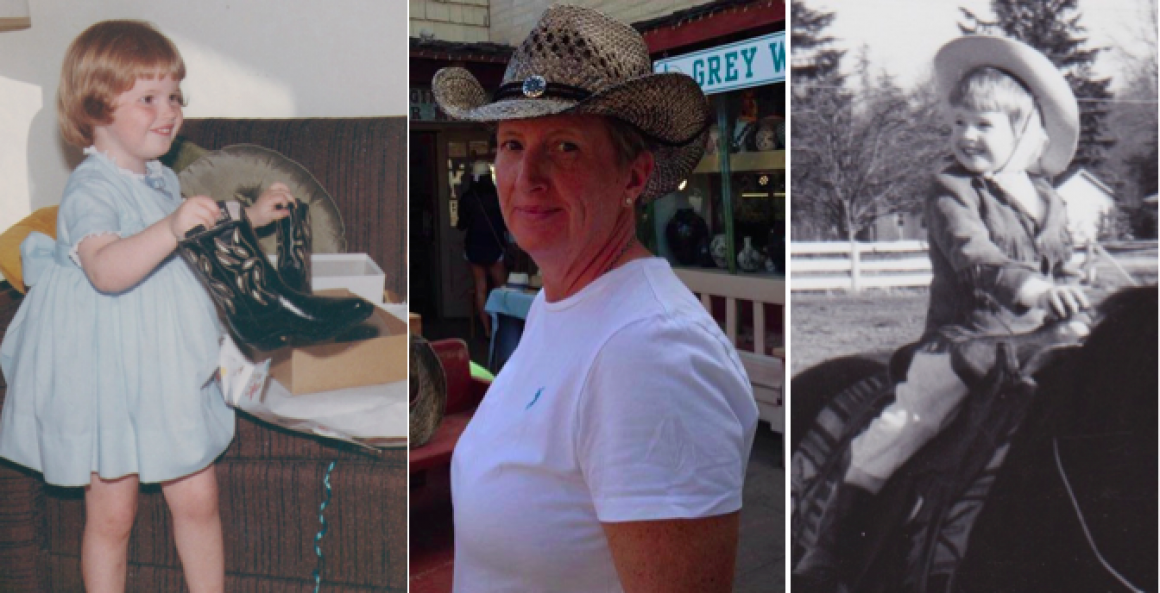A is for alopecia and aphasia. Also for assault. Anger. And atonement. What might all of these words have in common? Aside from being in the headlines recently? We all suffer from something and usually our suffering is invisible. For a variety of reasons. We may have a hidden or not so obvious physical disability. We might suffer from an emotional issue or be diagnosed with a mental health condition that we don’t generally discuss with others. And when others don’t know what is going on with us, they make assumptions. I’m not here to be an apologist for anyone, I’m simply here to point out that as human beings, we spend much of our time making decisions based on our assumptions which are often wrong. We are great at filling in the blanks with whatever story makes sense to us, and again, because we are human, we tend toward the negative. We generally believe the worst unless we make an effort to choose otherwise.
Take Bruce Willis’ Razzie for example. The Razzie Awards did not consider that perhaps Mr. Willis was suffering a medical issue when the organization awarded him a Razzie. But, after his family issued their statement about his health condition, the Razzies retracted their award. They atoned for their poor treatment based on their faulty assumption. I won’t get into the altercation that occurred between Will Smith and Chris Rock over Jada Pinkett Smith’s alopecia, except to say again, assumptions—this time about a person’s appearance—led to inaccurate (and unkind) conclusions, including violence. We can make all manner of assumptions about Will Smith’s slapping of Chris Rock, but we do not know what is going on with Will Smith. So we make assumptions.
Because we live in a culture that champions youth and vitality, we may not be comfortable bringing up or exposing those parts of ourselves that don’t fit neatly into the cultural narrative. We may curate our online presence to artfully conceal the imperfections that lie beneath. And what happens when we hide our vulnerabilities? Do we feel better? Do other people feel more comfortable around us when we are not authentically our whole selves? Not really. When we let others see the real us, our unvarnished true selves, we become more attractive, not less. As Brené Brown says in her book The Gifts of Imperfection, “Authenticity is a collection of choices that we have to make every day. It’s about the choice to show up and be real. The choice to be honest. The choice to let our true selves be seen.”


So many things have been said about those two Hollywood happenings, but yours is the only one I’ve found relevant. I’ve worked with mental health for years now and although there are numerous campaigns about “being kind”, it’s positively disheartening when we see how little time they last. There does seem to have been a movement to the combative in society of late, which is distressing to witness or be on the receiving end of. As Alan Bennett say, we just have to keep on keeping on. Thanks for a thought provoking read.
Debs visiting this year from
Making Yourself Relationship Ready
Thanks for reading–I will return to this piece at some point and finish up my thoughts in a more coherent fashion. Just seemed like a lot in the moment. I appreciate your thoughtful reply.
People love to make assumptions instead of trying to understand.
Ronel visiting for the A-Z Challenge My Languishing TBR: A